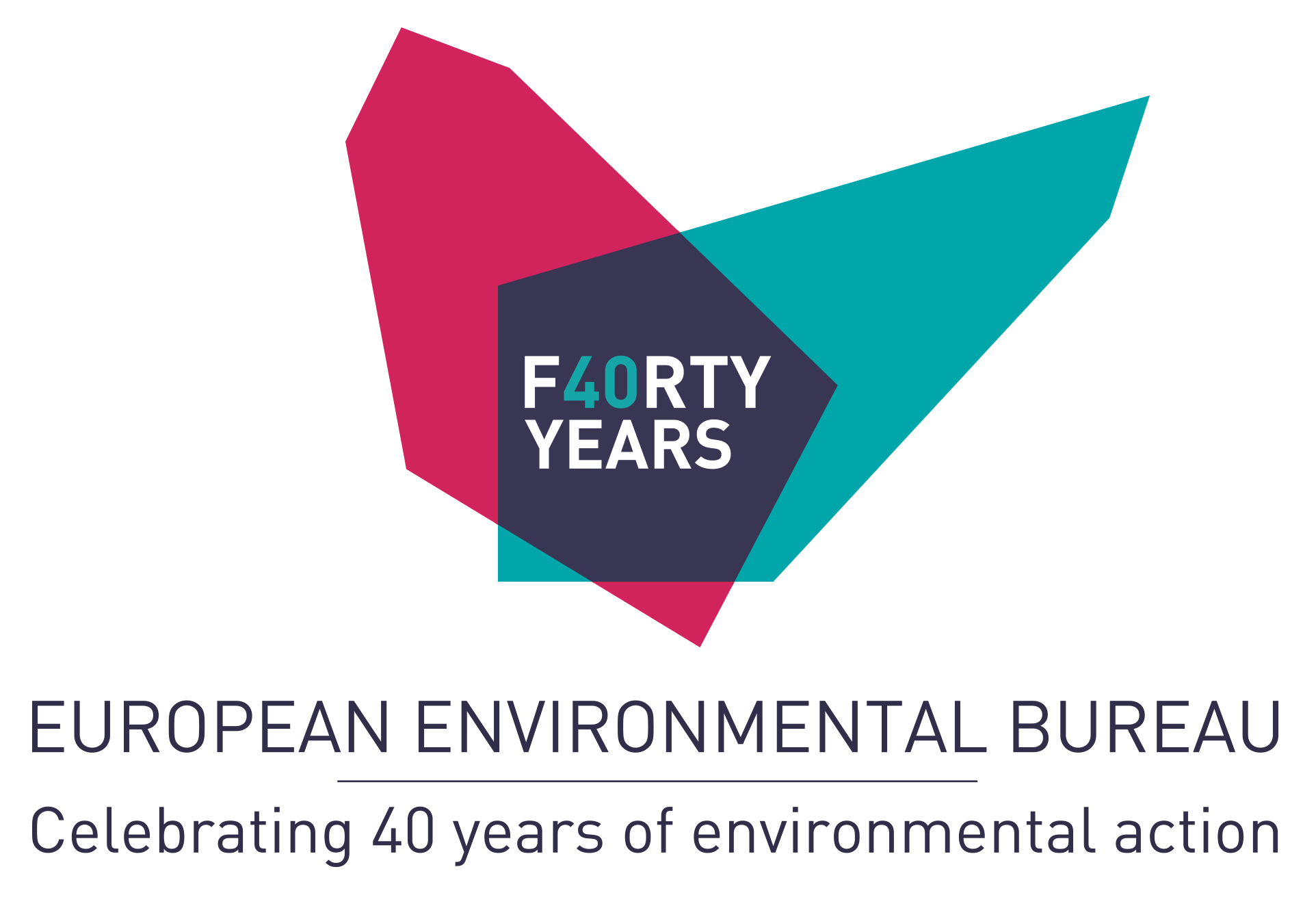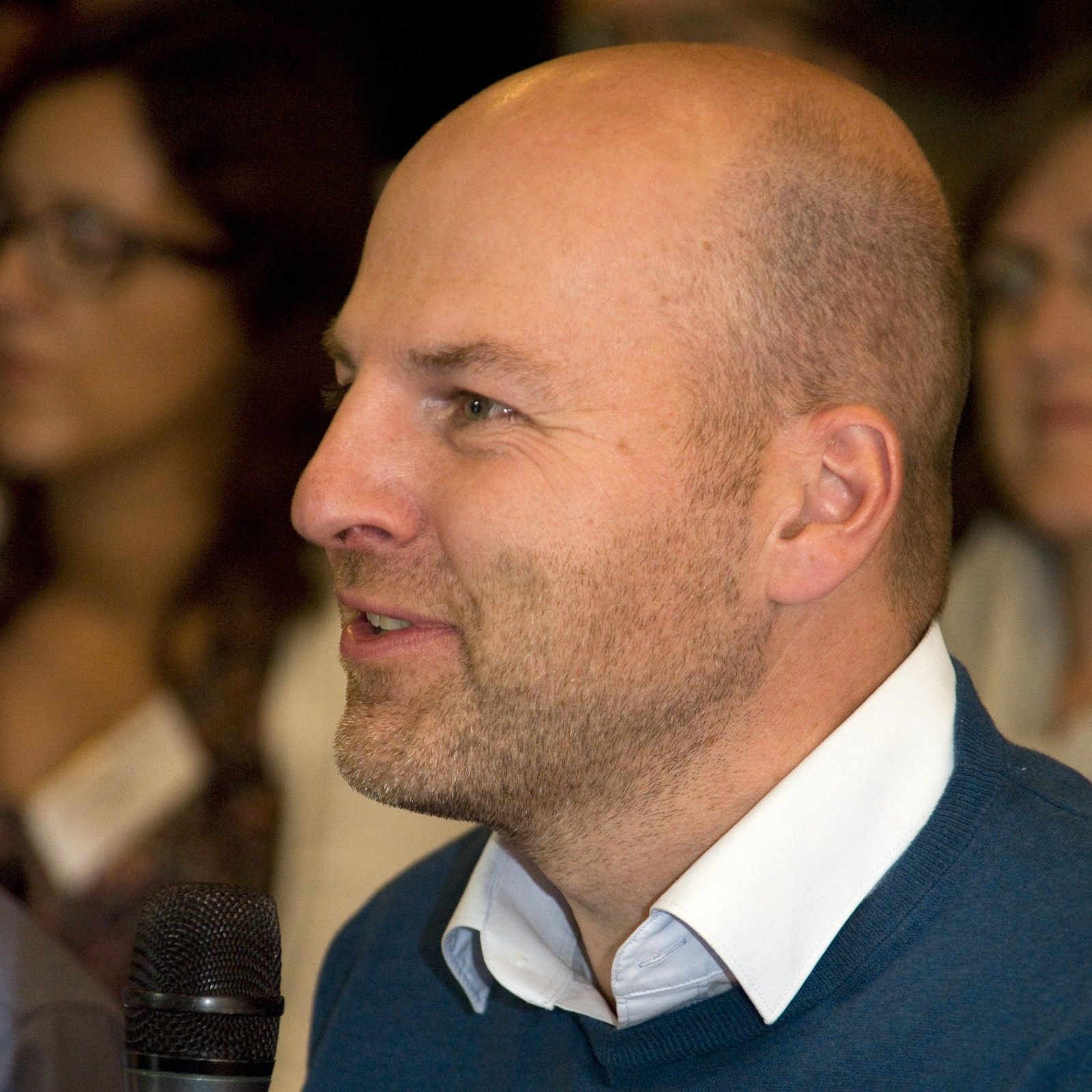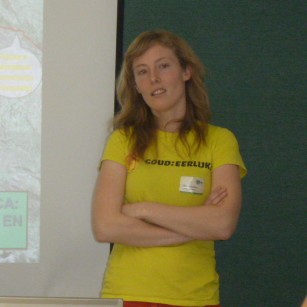

When you register for the conference you will be asked to choose one of the afternoon breakout sessions A) Economy and the environment, B) Europe in the wider world, C) Democracy, accountability and the rule of law, D) The climate crisis, E) The threat to nature and F) The threat to health.
B) Europe in the wider world
Europe’s environmental record in a global context is a mixed one. Its historical and current contribution to global environmental damage is beyond question, as is the need for much more drastic action to reduce its ecological footprint. On the other hand, it has generally had more progressive policies than other developed countries on issues such as climate change, even if this is mainly a reflection of the sorry state of environmental thinking in some other developed countries. Europe’s level of influence on international decision-making processes may be expected to decline in the coming decades, as new economic players gain ground. Already in recent years, Europe has at times been marginalised as the emerging economies have flexed their muscles and made alliances of convenience with other developed economies with less progressive policies (most spectacularly at the Copenhagen climate conference in 2009 but also to some extent in Rio in 2012). But Europe remains a big player and for the time being its actions and policies can make a real difference – not least in the area of development policy, where the traditional ‘aid and trade’ approach has severe limitations. The negotiations in 2015 towards a set of sustainable development goals and a new climate agreement will both test the extent to which Europe is a credible advocate for global justice and sustainability.
This session will address the following questions:
 Leida Rijnhout
Leida Rijnhout
 Déirdre de Búrca
Déirdre de Búrca
 Bernd Nilles
Hans Stielstra
Bernd Nilles
Hans Stielstra
 Charlotte Christiaens
Charlotte Christiaens